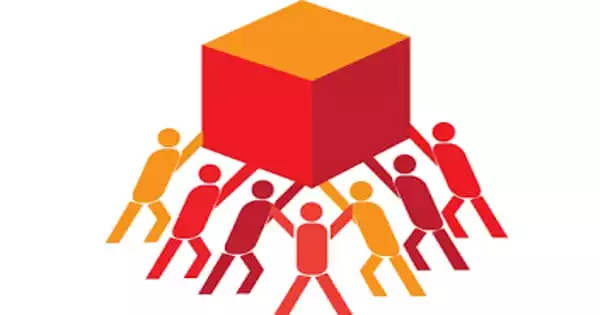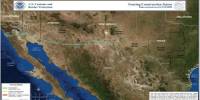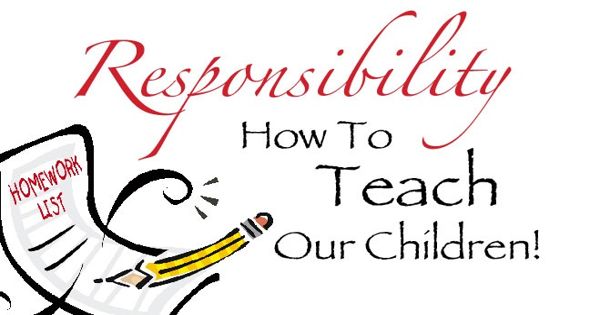Economic democracy is a system in which individuals share ownership and decision-making in their communities’ power and resources. It is a socio-economic ideology that recommends shifting decision-making authority away from corporate executives and shareholders and toward a bigger group of public stakeholders that includes employees, consumers, suppliers, neighbors, and the general public. Where economic democracy exists on a large scale in urban areas, we find considerable reductions in inequality and increased well-being for all, particularly working people. It reduces inequality and improves the shared wealth in our communities, rather than creating massive sums of wealth for a small number of people.
Economic democracy does not just imply more programs, more access, or more “input” and involvement. It entails genuine collaboration and the sharing of power, control, and reward for ordinary people in the areas that matter most in our lives. There is no single definition or approach to economic democracy, but most proponents argue that modern property relations externalize costs, subordinate public well-being to private profit, and deprive the polity a democratic voice in economic policy decisions. Aside from moral issues, economic democracy makes practical promises, such as the ability to compensate for capitalism’s inherent effective demand gap.
Economic democracy proponents often say that current capitalism causes periodic economic crises marked by a lack of effective demand as society is unable to acquire enough revenue to buy its output creation. Corporate control over common resources usually results in artificial scarcity, resulting in socioeconomic disparities that limit employees’ access to economic opportunities and reduce consumer purchasing power.
Despite the novelty of universal suffrage, the concept of political democracy is often taken for granted in developed countries. Economic democracy has been presented as part of wider socioeconomic ideologies, as a standalone theory, and as a variety of reform agendas. For example, by securing full economic rights, it opens the door to full political rights, which are characterized as including the former. There have been proposals for both market and non-market theories of economic democracy. Supporting theories and real-world examples for a reform program can include decentralization, democratic cooperatives, public banking, fair trade, and regionalization of food production and currency.
















